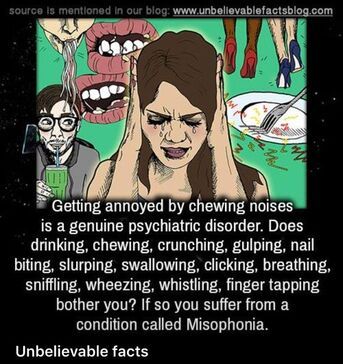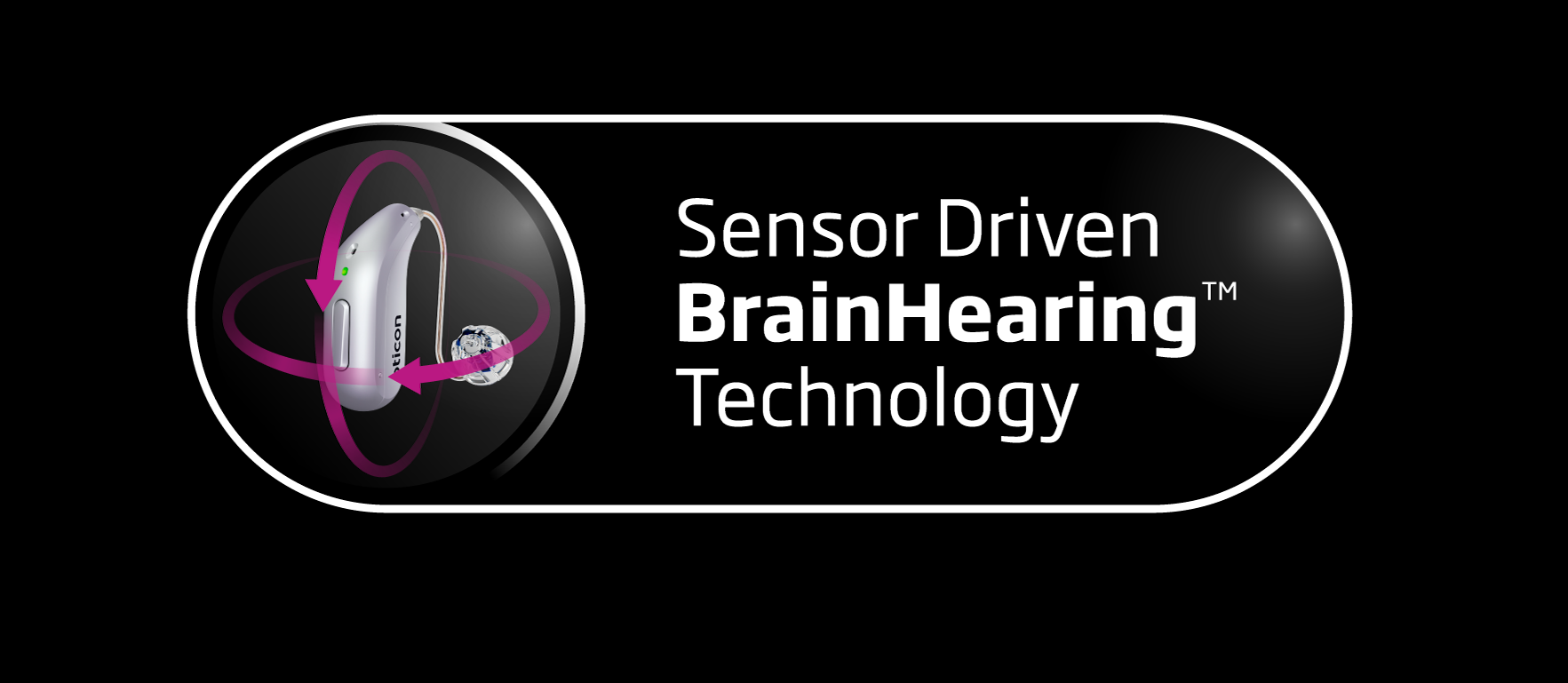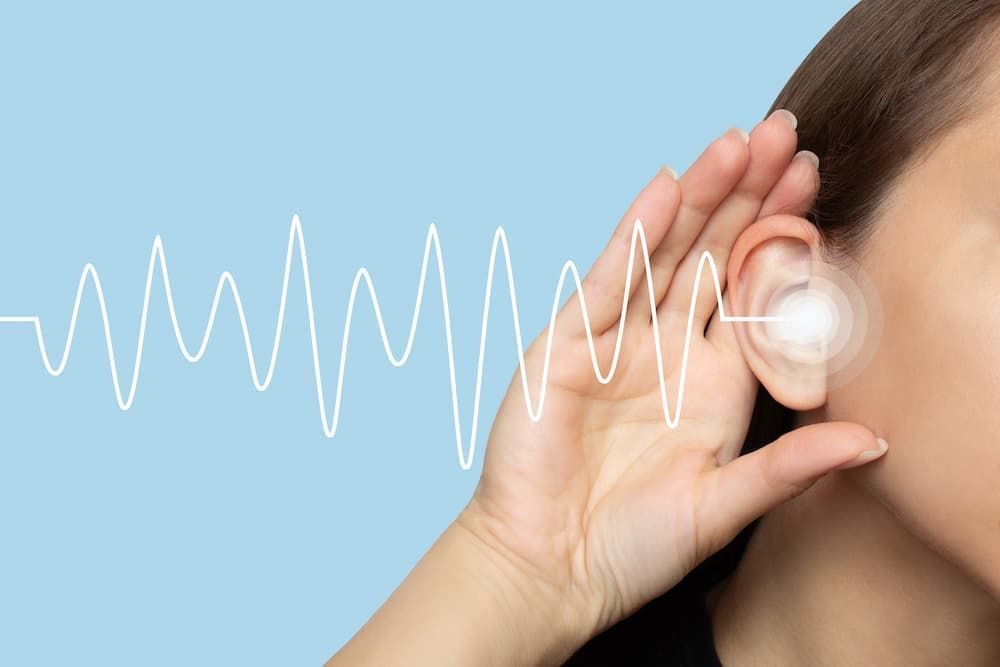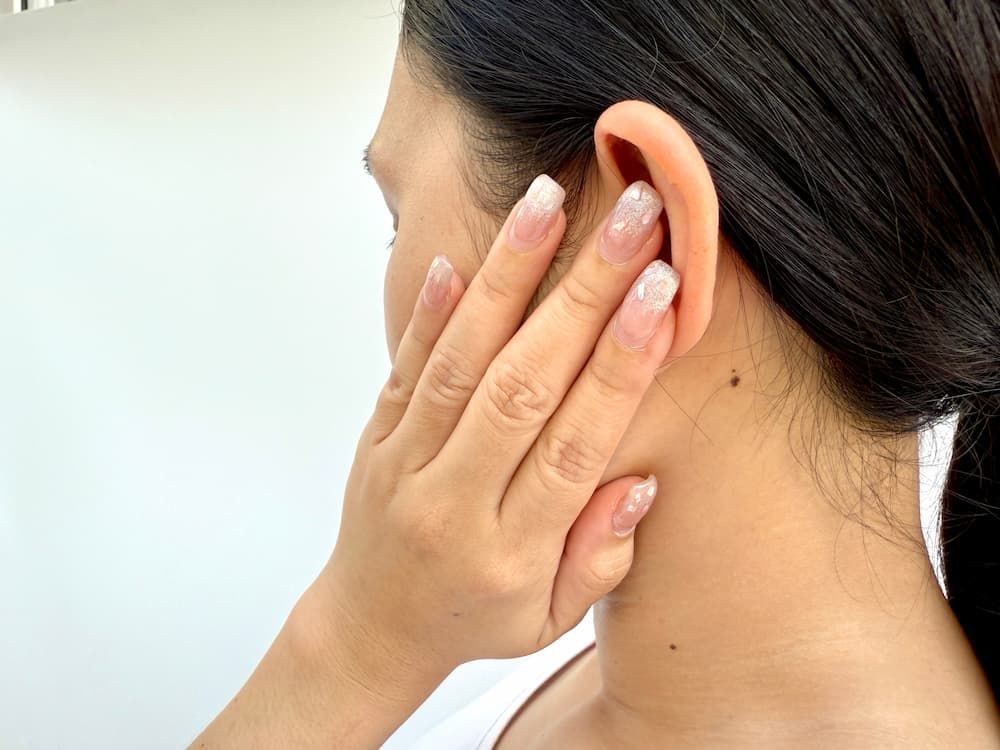Learn What Misophonia Is: Causes, Symptoms & Treatment | Tinnitus & Hearing Center of Arizona

What Is Misophonia?

Misophonia is common but rarely known
Misophonia usually develops during childhood or early adolescence. The feeling of anger or rage appears suddenly or after an emotional incident. Very often, people misunderstand and don’t realize that it is because of a hearing problem.
It is important to point out that usually everyone has a dislike of any particular sound, but it can be categorized as a condition only when it severely affects the persons’ quality of life.
Doctors have argued that Misophonia is either a psychological or an auditory condition or both. In 2012, experts suggested that this condition is a particular form of DST (decreased sound tolerance). This means it can be associated with the broader medical diagnostic categories of abnormal auditory perception and/or hyperacusis.
However, doctors still believe that Misophonia is not specific to the inner ear, but a combination of different parts of the brain that controls hearing, memory, balance and other reflexes.
Misophonia Testing and Treatment
Misophonia symptoms are found in people with other conditions
A few of the conditions are:
• Obsessive compulsive disorder (OCD)
• Autism spectrum disorder or Asperger's syndrome
• Tinnitus
• Hyperacusis
• Multi-sensory hypersensitivity
• Hearing loss
• Phonophobia
• Family relational problems
• Intermittent explosive disorder (IED)
• Tonic tensor tympani Syndrome (TTTS)
• Acoustic shock
• Major depressive disorder
• Anxiety disorders, including post-traumatic stress syndrome (PTSD), generalized anxiety disorder, social anxiety disorder, and agoraphobia
• Bell’s palsy
• Ramsay Hunt syndrome
• Traumatic brain injury (TBI)
• Superior canal dehiscence syndrome
• Stapedectomy
• Perilymph fistula
• Lyme disease
• Williams syndrome
• Lacunar stroke
• Epilepsy
• Narcotic and benzodiazepine withdrawal
• Migraines
• Head injury
Coping with Misophonia
There is no medicine to treat Misophonia. However, there are several effective options available to manage this condition:

1. Tinnitus retraining therapy (TRT) – this therapy is widely available, especially in auditory clinics. It is a way to teach the brain to tolerate specific sounds that affect you.
2. Cognitive behavioral therapy (CBT) – This therapy focuses on altering the negative associations you have with triggering noises. Studies have shown that this therapy is very effective for most people with Misophonia symptoms
3. Counseling – You and your family can benefit from counseling sessions with a psychotherapist.
Thankfully, Dr. Allen Rohe of Tinnitus and Hearing Center of Arizona is a qualified audiologist that treats patients with Misophonia. You can read more about his approach to Misophonia here.
If you or someone you know suffer from Misophonia, we encourage you to contact us to set up an initial consultation to discuss misophonia treatment. Dr. Rohe can conduct consultations either in his Tempe, AZ office, or online via Skype teleconference.
The information provided in this article is not meant to be medical advice and is for educational purposes only. If you would like to learn more about this and other hearing-related topics, feel free to contact Tinnitus & Hearing Center of Arizona by clicking here or by calling 480-831-6159 .
Some of Our Services











